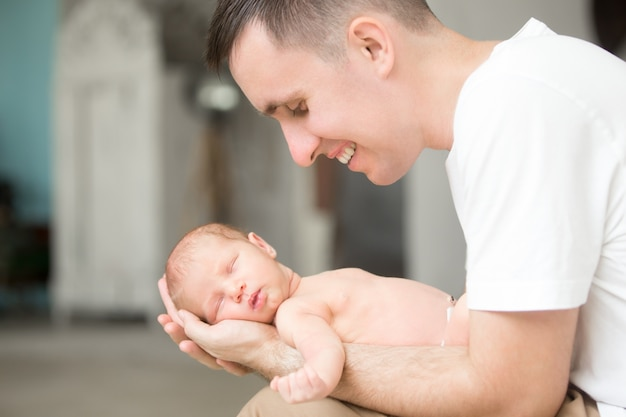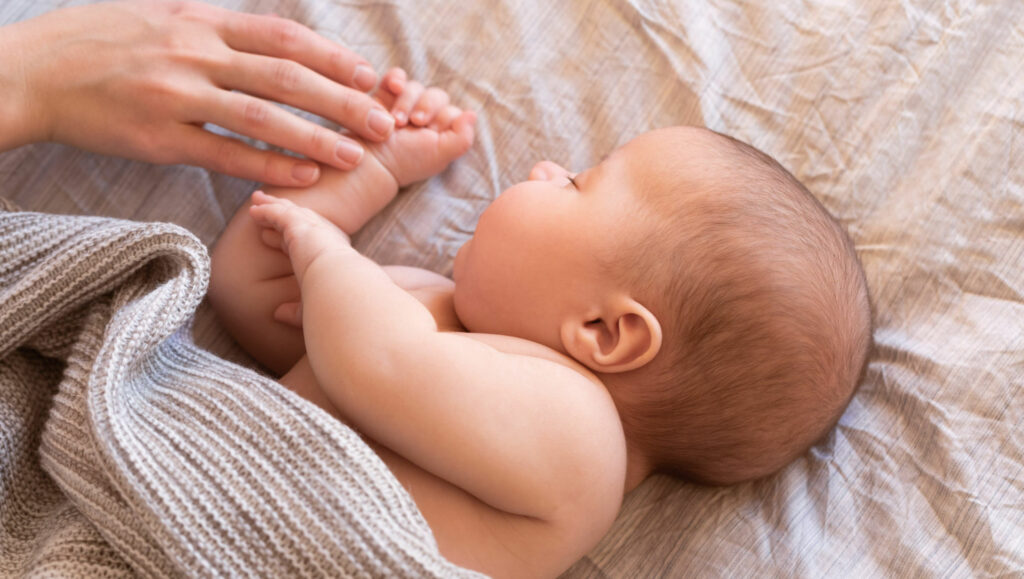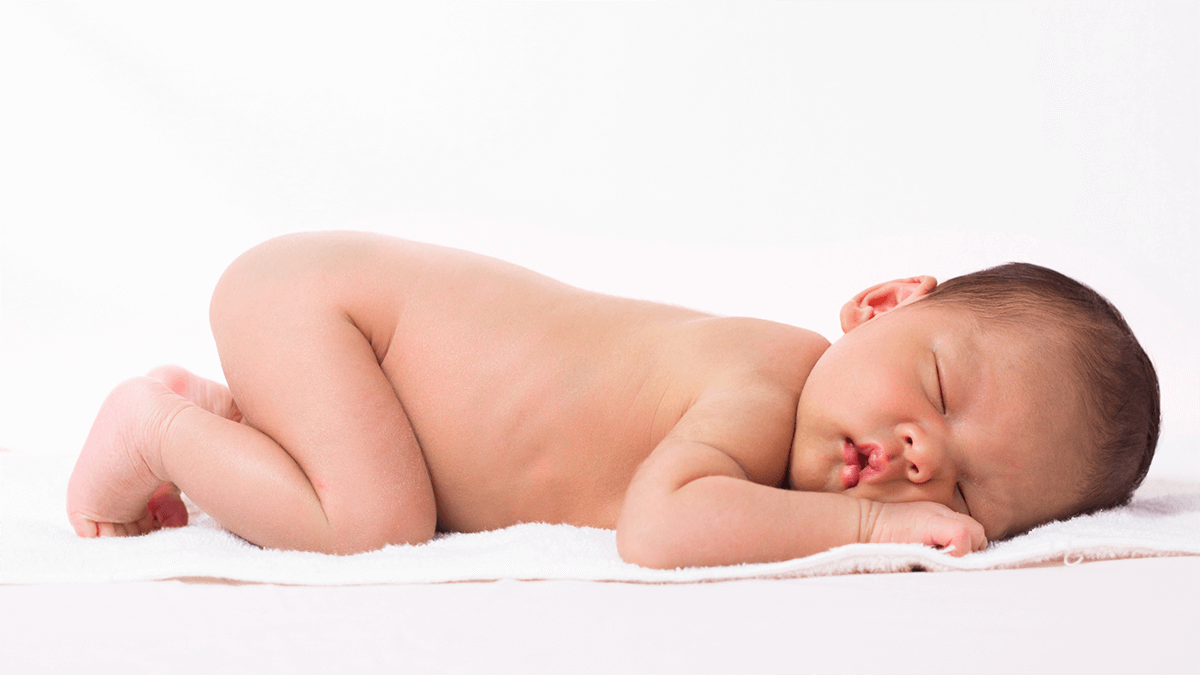Every new parent can relate to the fact that even if your newborn baby makes the slightest movements, you start to worry. So when they make odd, shaky movements, from quivering chins to trembling hands and jitters to jerky arm and leg gestures, how scary would that feel?
However, in some cases, these shaky movements can also indicate that they’re having seizures. This is why you should be more attentive to their shakes, whether they’re normal or serious.
Let’s talk about some of the prevalent causes of baby shaking and how to tell if you should be concerned.
Fine Motor Skills
A newborn baby is constantly developing and growing, which is why different parts of their bodies tend to twitch. For example, babies go through a neonatal period (the first 29 days) by twitching their heads and extremities to prepare them for holding their heads up. Wrist and finger twitching in older babies may be part of the development of fine motor abilities.
Immature Nervous System
In newborns, the pathways that carry the signals from the brain to the rest of their body parts aren’t fully developed yet, causing jerky and twitchy movements. As the baby’s nervous system matures, these movements will become more fluid.
Caffeine in Breast Milk
There’s a reason why OBGYN refrains breastfeeding mothers from consuming caffeine. If you’re a new mom and a habitual drinker of too many caffeinated beverages, it may cause the baby to twitch or jitter. It’s okay to consume a cup or two a day, though.
Sleeping or Waking Up
When a baby sleeps and wakes up, they naturally make shaky and twitchy movements. It is usually called a benign condition known as sleep myoclonus, also known as nocturnal myoclonus. Babies make this movement when the parents are putting them down for sleep.
However, if you notice, external stimuli such as noise, movement, or light can also cause these movements. If your baby shows signs of myoclonus, it’s completely normal.
Diaper Changes
When a baby uncomfortably moves during their diaper change, it can mean that they might be having rashes or physical discomfort. There is nothing serious in this act because sometimes babies don’t like their diapers being changed.
Hunger
People often wonder if it is normal for newborns to shake when they are asleep. Yes, it is! One of the vital signs that your baby is hungry is when they move their arms and legs all around the place. Babies also cry when they starve, due to which they tend to shake, tremble, or stiffen their bodies.
The Startle (Moro) Reflex
When a baby hears an alarming or loud sound in the environment, they make an involuntary movement. In this movement, they extend their arms, fingers, and legs and arch their head all the way to the back for a few minutes. It simply means that the noise startled them.




